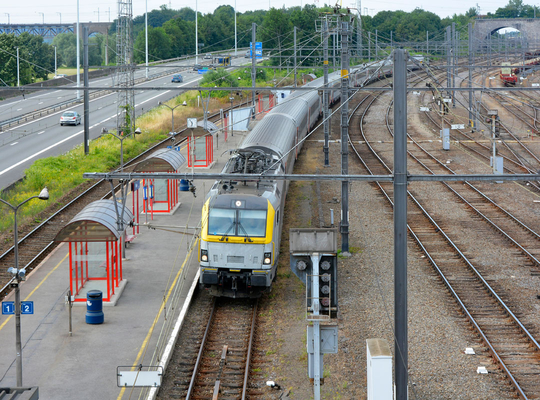You are here
Europe forces the NMBS to provide better service

The European Parliament has approved new legislation, intended to further liberalise European rail traffic. “According to this new legislation it appears that the NMBS can retain its monopoly, provided that it satisfies measurable and transparent performance criteria. This package is a great opportunity for the NMBS to transform itself into a competitive and customer-oriented company”, says MEP Helga Stevens. “These rules must contribute to better service and a more efficient use of government funds. The quality of their offer must really improve. Flemish railway passengers are entitled to this.”
Europe wants to further open up the market for domestic rail passenger transport. It also wants to give all European operators access to all local European markets. “Railway companies will then be able to freely compete with others or bid for public service contracts”, Stevens explains. “However, Europe has allowed for some exceptions, so contracts can still be directly awarded to an existing railway operator, such as the NMBS. Nevertheless, they will be obligated to meet certain targets, which take consumer’s interests into account, for example, in the areas of punctuality and safety. If the NMBS does not achieve these targets, this may give rise to breach of contract. That means that the NMBS will have to tailor its services more to railway passengers, a measure that we can only applaud.”
More stringent measurement of punctuality
In order to better monitor these performance requirements, the N-VA argues in favour of more stringent methods for measuring punctuality: “In the Netherlands and Denmark, a train is considered to be delayed when it arrives three minutes late. The NMBS only considers a train to be late after six minutes. It would be beneficial for the NMBS to mirror the successful European examples. A healthy ambition in the area of service provision is truly indispensable.”
“In a truly liberalised European railway market, passengers should be able to easily compare the service of railway operators”, Stevens notes in conclusion. “Some Member States choose to measure punctuality throughout the journey, others only at the terminus. That makes it impossible to know which railway companies perform well or badly. Nonetheless, consumers deserve this transparency.”

